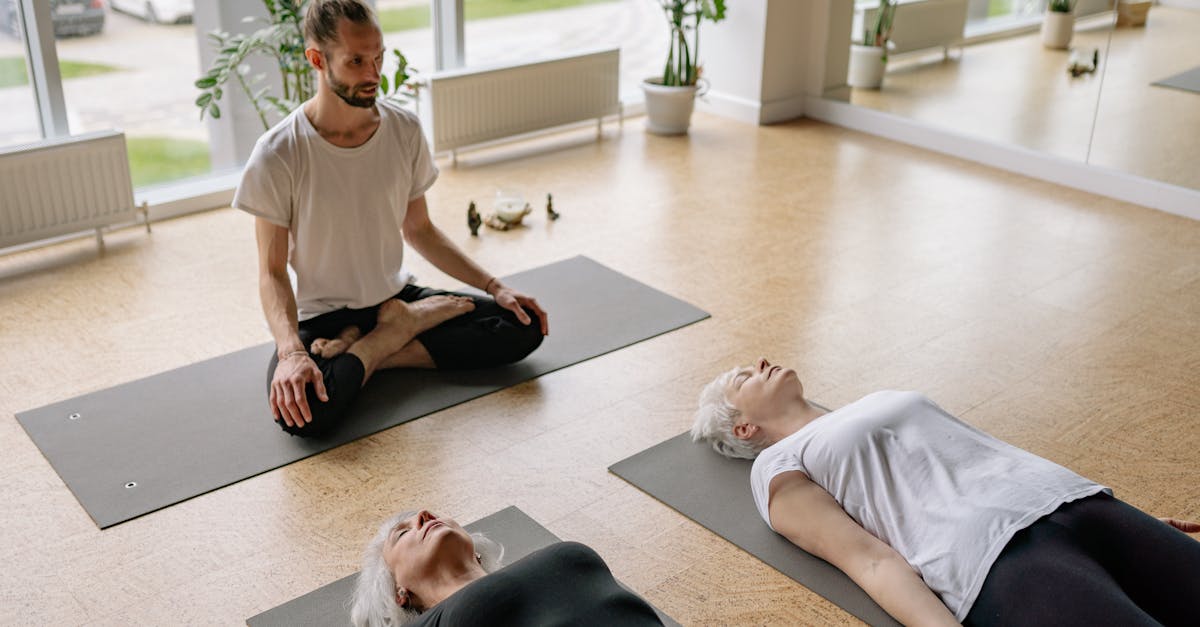In today’s fast-paced world, distractions are everywhere, making it challenging to maintain focus and productivity. Luckily, guided meditation offers a powerful solution to improve concentration. Not only does it help quiet the mind, but it also equips you with essential skills to harness your attention and eliminate distractions. In this blog post, we will explore how guided meditation can enhance your focus, steps to get started, and tips for making the most of your practice.
What is Guided Meditation?
Guided meditation is a form of meditation led by an instructor or through an audio recording. It often involves following verbal instructions that direct your attention to various focal points, such as breath, body sensations, or visualizations. This technique is particularly helpful for those who find it challenging to meditate alone, as it provides structured guidance to keep you on track.
Benefits of Guided Meditation for Focus
Incorporating guided meditation into your daily routine can lead to numerous benefits for your concentration and mental clarity, including:
- Reduced Stress: Guided meditations often include relaxation techniques that lower cortisol levels, leading to a calmer mind.
- Improved Attention Span: Regular practice can help retrain your brain to maintain focus for more extended periods.
- Enhanced Creativity: By allowing yourself to relax, guided meditation encourages innovative thinking and problem-solving.
- Better Emotional Well-Being: Meditation fosters a greater awareness of your thoughts and emotions, allowing you to respond rather than react to distractions.
Steps to Incorporate Guided Meditation into Your Routine
Starting a guided meditation practice can be simple and easy. Here’s how you can begin:
1. Set Aside Time
Choose a specific time each day dedicated to your meditation practice. Early mornings or before bedtime are commonly effective times, but select what works best for you.
2. Find a Comfortable Space
Designate a quiet area where you won’t be disturbed. This can be a cozy corner in your home or even a peaceful outdoor location.
3. Choose Your Guided Meditation
You can find guided meditations through various platforms, including:
- Insight Timer – A free app with thousands of guided meditations.
- Calm – A subscription-based app focusing on relaxation and mindfulness.
- Headspace – Offers a variety of meditation techniques and focus sessions.
4. Get Comfortable
Find a comfortable position, whether sitting or lying down. Ensure your body is at ease so you can focus on the meditation without physical distractions.
5. Follow the Instructions
While listening to the guided meditation, pay attention to the audio and follow the instructions closely. Allow yourself to be present and try not to let your mind wander.
6. Practice Regularly
Consistency is key when it comes to meditation. Aim to meditate daily, even if it’s just for a few minutes, to cultivate the habit and enhance your focus over time.
Tips for Maximizing Your Focus with Guided Meditation
To make the most out of your guided meditation practice, consider these additional tips:
- Stay Patient: Focus may not come naturally at first; be kind to yourself and allow the process to unfold.
- Experiment with Different Styles: Try various meditation styles until you find what resonates best with you.
- Track Your Progress: Keep a journal to document how your focus and concentration improve over time.
- Combine Techniques: Consider pairing meditation with deep breathing exercises for added benefits.
Conclusion
Guided meditation is a powerful tool that can significantly improve your focus and mental clarity. By incorporating this practice into your daily routine, you create a sanctuary for your mind, enhancing your ability to concentrate in a distracting world. Start small, stay consistent, and watch your focus flourish as you embrace the transformative power of meditation.

Leave a Reply